Free Speech For People seeks Public Interest Attorney - up to $75k
Free Speech For People Seeks to Hire Attorney to Fight for Free and Fair 2020 Election
Free Speech For People is seeking a public interest attorney with impact litigation experience (preferably voting rights or election law) to come fight for a free and fair 2020 election. This is a one-year position starting as soon as possible.
Free Speech For People, a national nonpartisan nonprofit organization, was founded on the day of the Supreme Court’s Citizens United v. FEC decision. We’ve been working since then to get big money out of politics, to push back against corporations claiming constitutional rights to disregard federal, state, and local laws, and to challenge corruption at the highest levels of our government.
Free Speech For People has launched a new project to fight for free and fair elections by challenging the use of unreliable and insecure electronic voting systems across the United States, and ensuring safe voting during the COVID-19 pandemic. (See here for some of our current cases and actions under this project, such as North Carolina NAACP v. North Carolina State Board of Elections.)
Job duties
We are seeking a public interest attorney to fight for a free and fair 2020 election. The attorney will be expected to ramp up quickly, and then lead and help direct outside pro bono counsel in cases in federal or state court in multiple states in cases challenging voting rules or procedures, executive abuses of power that unfairly interfere with the election, or other threats to a free and fair election. The tempo of litigation would be expected to escalate as we approach November, and could continue well after Election Day depending on the need for post-election litigation. (In 2021, the attorney’s job duties would be expected to evolve based on emerging threats to democracy.)
The attorney will report to Free Speech For People’s Legal Director (Ron Fein), based in Newton, MA.
This position may be done entirely remotely from anywhere within the United States, but (depending on the progress of the COVID-19 pandemic and its impact on court closures) may require occasional travel to locations around the country.

